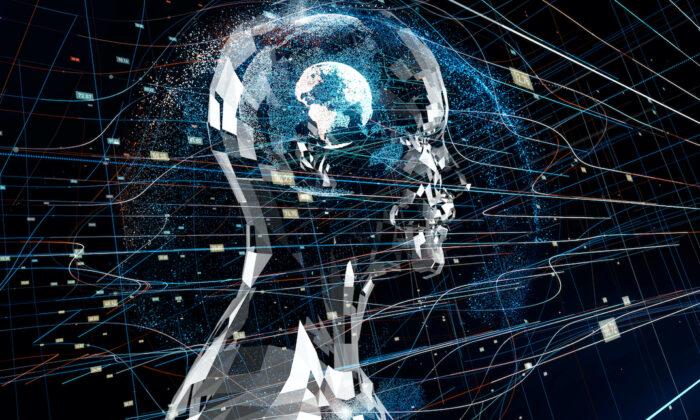When a job opens and is advertised, employers are inundated with hundreds of resumes. And 52 percent of talent acquisition leaders claim that screening all these candidates is the hardest part.
HR Department Challenges
The biggest challenge for HR recruiters is time. Most recruiters don’t give full attention to candidates’ resumes. Some say that they spend about six seconds evaluating a resume. Many good candidates likely fall through the cracks of the volume of resumes being submitted.Attracting Qualified Candidates
Hiring starts with an effective job description. It is the chief component in marketing to qualified candidates. An effective job description will connect with potential employees that meet the qualifications.Recruitment Using Resumes
Once a candidate applies, their resume is evaluated by AI before it ever reaches a recruiter’s desk. The algorithm looks for keywords in the resume that are applicable for the job.For example, if the job is for a television sales account executive, AI will look for keywords like sales, television, revenue, etc. Then, it will send on resumes with these keywords and reject resumes without.
Using Recruiter Chatbots
You’ve probably seen chatbots. They are often used on websites for both sales and customer service. But they’re also used in recruiting.Using Digitized Interviews
Screening interviews have also gone tech. In digital interviews, the candidate is given a list of questions, and their responses are recorded on camera.Although this method has been around for a while, it’s becoming more popular. This technology makes it simpler and quicker to screen numerous people. Not only does it save time for the recruiter but also it speeds up the process for the candidate.
This technique creates a level playing field since questions are standardized. As a result, biased questions are eliminated and it’s fair for all involved.
Once the interview is complete, AI comes into play. The algorithm evaluates a candidate’s speech patterns, word selection, and facial expressions.
Does AI Guard Against Bias?
The algorithm for AI is supposed to reduce unconscious bias. It ignores information such as race, gender, and age. That’s easy enough. After all, computers don’t have biases.But some people may have biases they aren’t even aware of, and they are programming the AI. The result has drawn a lot of legislation and regulatory actions. They fear the fairness and ethical issues tied to using AI in HR. The goal is to have greater oversight of using AI in human resources.
Benefits of AI in Recruitment
The most significant benefit is saving the recruiter’s time. The AI helps weed out the resumes of people who are not qualified for the position. For example, hiring for one position can potentially take hours screening resumes and deciding who to interview.It also eliminates repetitive and time-consuming tasks. This is because it automatically screens resumes, makes assessments, and schedules interviews.
Disadvantages of AI in Recruitment
One big disadvantage is the amount of data AI needs to do its job. For example, it must be programmed to filter resumes with the same eye a recruiter has.AI Impact on Recruitment
Eventually, AI may be the standard in the recruitment process. With 35 percent of recruiters saying that AI is the top trend impacting the hiring process, it will be even more prevalent. Speeding up the recruitment process is just one advantage.The bottom line is that recruiters and their companies want AI in their hiring arsenal.






